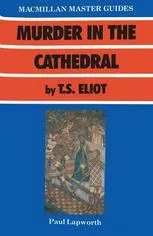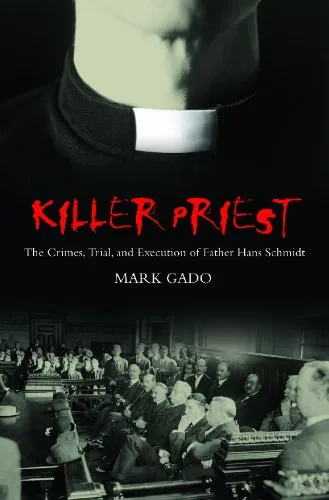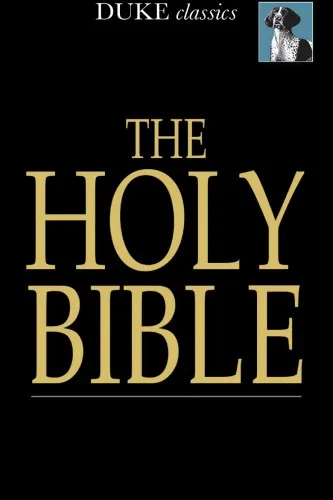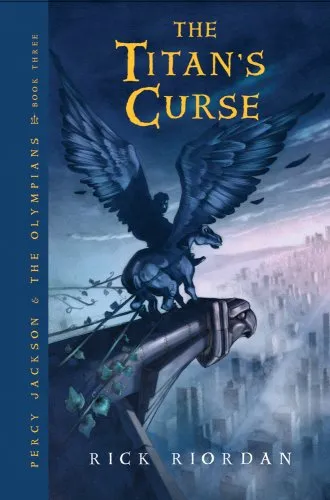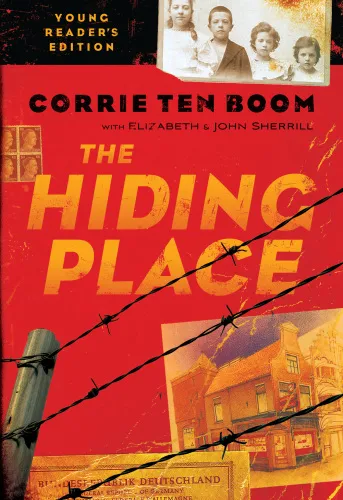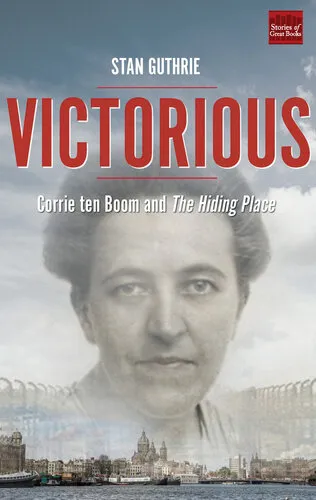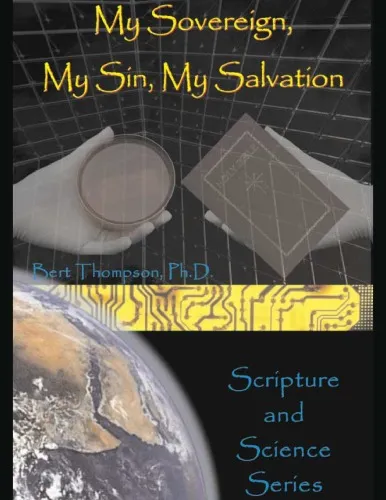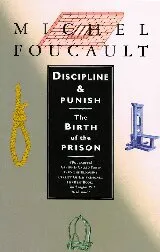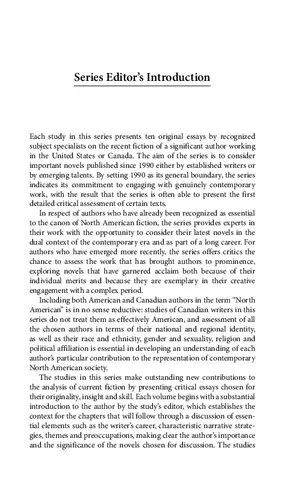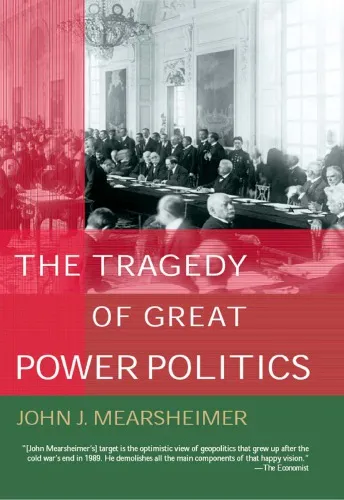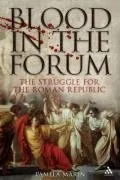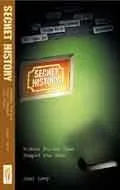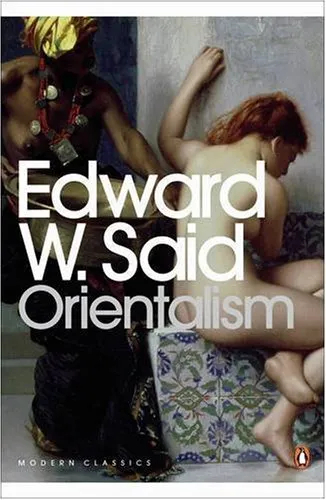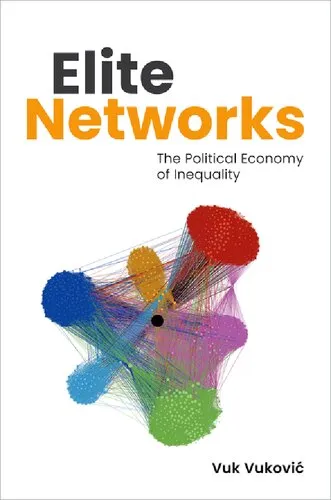Murder in the Cathedral by T. S. Eliot
4.3
Reviews from our users

You Can Ask your questions from this book's AI after Login
Each download or ask from book AI costs 2 points. To earn more free points, please visit the Points Guide Page and complete some valuable actions.کتاب های مرتبط:
Detailed Introduction to Murder in the Cathedral by T. S. Eliot
T. S. Eliot's Murder in the Cathedral is a profound exploration of faith, power, and martyrdom, set against the backdrop of one of history's most infamous religious conflicts. First produced in 1935, the play dramatizes the final days of Thomas Becket, the Archbishop of Canterbury, who was murdered in his cathedral in 1170.
Detailed Summary of the Book
The narrative of Murder in the Cathedral unfolds in December 1170, in Canterbury Cathedral, a few days before the murder of Thomas Becket, the Archbishop of Canterbury. The story is split into two acts, separated by an interlude that serves as a sermon delivered by Becket on Christmas morning. The play begins with a chorus composed of the women of Canterbury, foreshadowing the tumultuous events to come. They are aware of impending doom due to the political tensions between King Henry II of England and Becket.
As the play progresses, Becket returns to England after a seven-year exile in France, which he spent due to his escalating conflict with King Henry. His return is marked by a mixture of hope and trepidation, both among the people of Canterbury and within Becket himself, who senses the martyrdom that may await him. Becket is visited by four tempters, reminiscent of the temptations of Christ, who each offer him forms of earthly power or safety. Becket ultimately rejects these temptations, choosing instead to adhere to his spiritual convictions.
The second act sees the arrival of four knights loyal to King Henry, charging Becket with betrayal and treason. Despite their threats and the evident danger to his life, Becket stands firm in his faith, refusing to submit to secular power. Ultimately, the knights murder him within the cathedral, a pivotal and tragic moment underscored by the chorus' lament.
Key Takeaways
Murder in the Cathedral is not just a historical reenactment; it offers timeless insights into the struggles between spiritual integrity and earthly power. Eliot examines the nature of martyrdom, questioning whether it is an act of divine inspiration or human ego. The portrayal of Becket is complex; while he is undoubtedly a steadfast man of faith, Eliot also scrutinizes his motives, challenging audiences to contemplate the intricacies of purity and self-sacrifice.
The play is also notable for its poetic style, heavily influenced by Greek tragedy and medieval liturgical drama. This structuring serves to elevate the narrative from a mere historical remembrance to a philosophical reflection on the eternal conflicts between church and state, conscience and governance.
Famous Quotes from the Book
Several lines from the play have resonated deeply with audiences through the decades:
- "The last temptation is the greatest treason: To do the right deed for the wrong reason."
- "Peace. And let them be, in their exaltation. They are living in two different worlds, the worlds of the mind and the worlds of emotion. Let us keep our thanksgiving deep in words, not far in our mouths."
- "Human kind cannot bear very much reality."
Why This Book Matters
Murder in the Cathedral holds significant weight in both literary and theological studies. Its exploration of themes like the conflict between temporal and spiritual authority remains relevant across different eras and cultures. For those interested in the interplay of religion, politics, and literature, Eliot’s work is indispensable, serving both as a reflection of its time—a period when Europe faced significant ideological shifts—and as an exploration of timeless ethical questions.
Moreover, Eliot's mastery of rhythm and language crafts a rich, poetic tapestry that brings historical events to life, inviting audiences to reflect deeply on their own values and the complexities of human motivation. The play's emphasis on the existential dilemmas faced by individuals in positions of power and conscience makes it a timeless piece, as relevant today as it was at its first production.
Free Direct Download
You Can Download this book after Login
Accessing books through legal platforms and public libraries not only supports the rights of authors and publishers but also contributes to the sustainability of reading culture. Before downloading, please take a moment to consider these options.
Find this book on other platforms:
WorldCat helps you find books in libraries worldwide.
See ratings, reviews, and discussions on Goodreads.
Find and buy rare or used books on AbeBooks.
1527
بازدید4.3
امتیاز0
نظر98%
رضایتReviews:
4.3
Based on 0 users review
Questions & Answers
Ask questions about this book or help others by answering
No questions yet. Be the first to ask!
